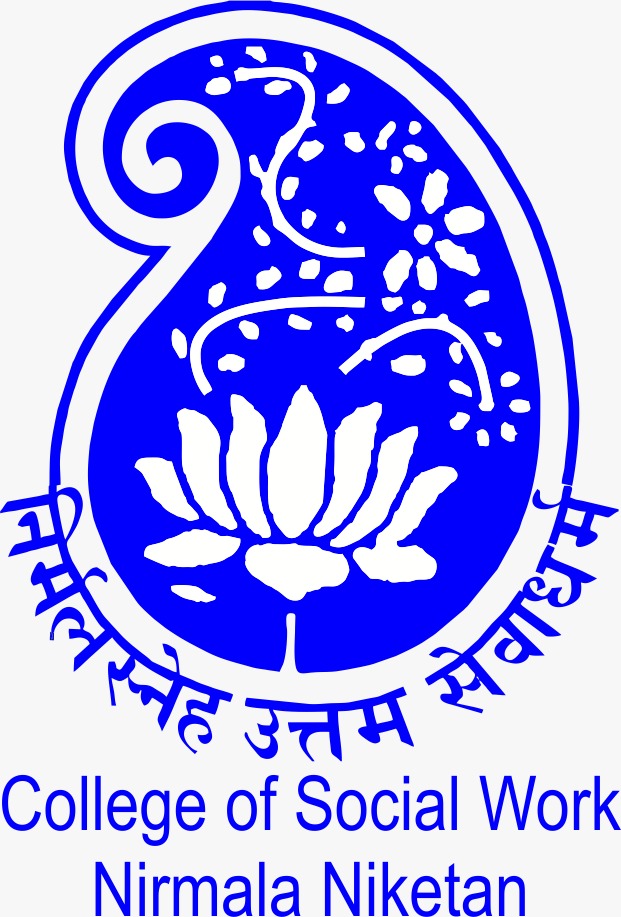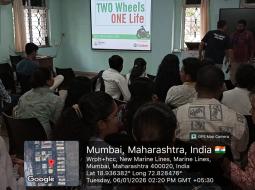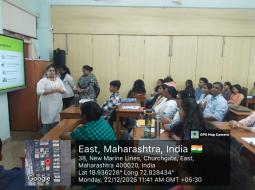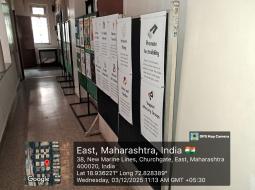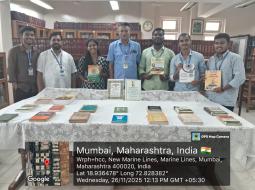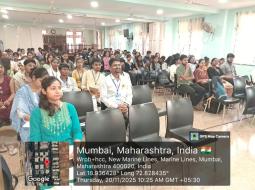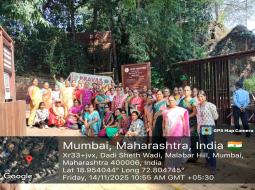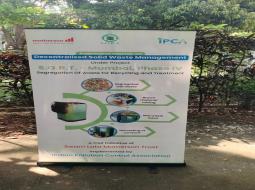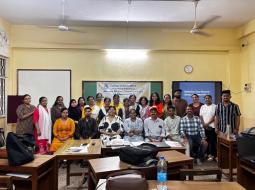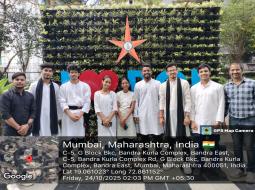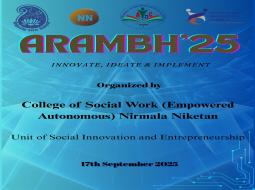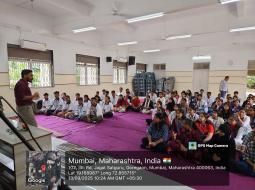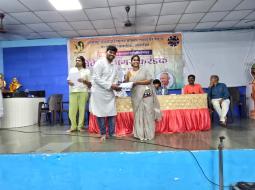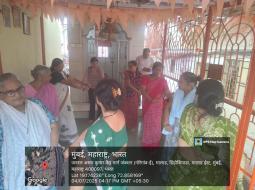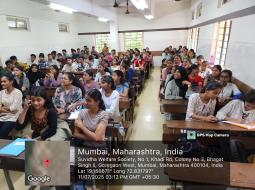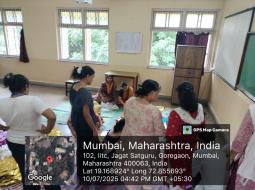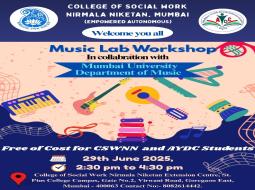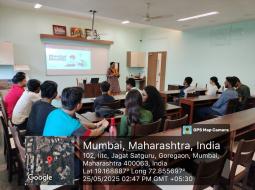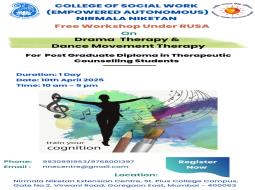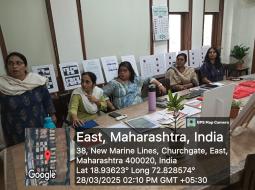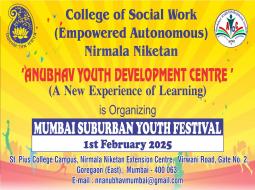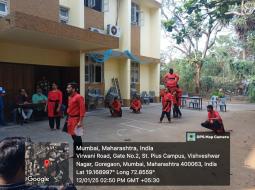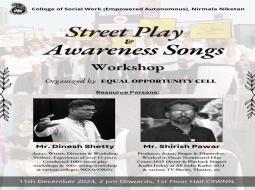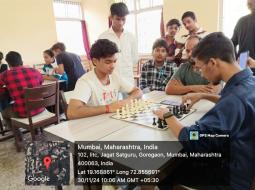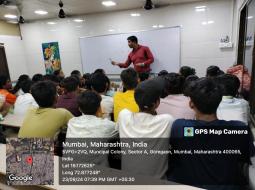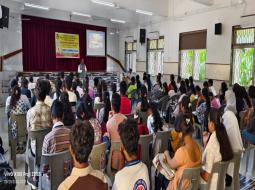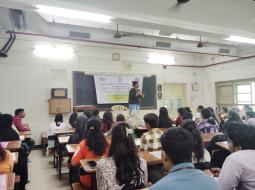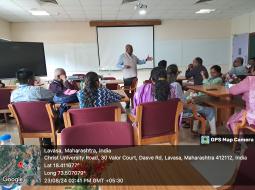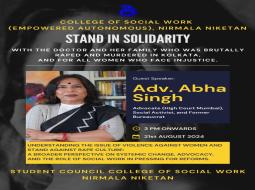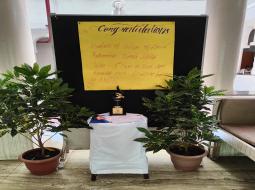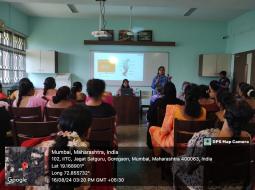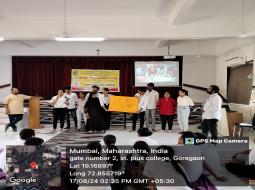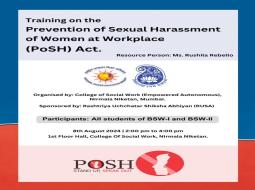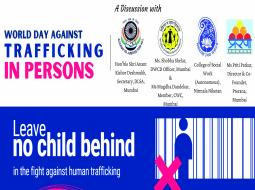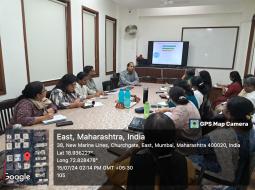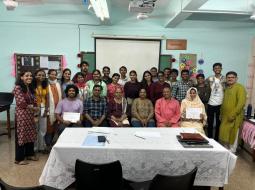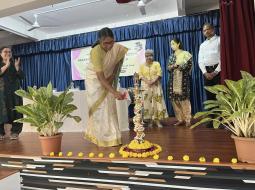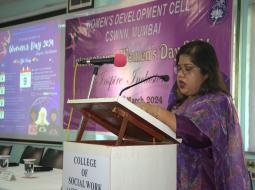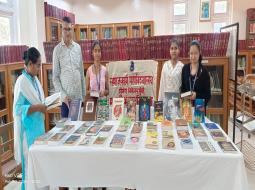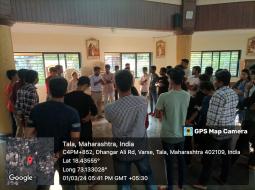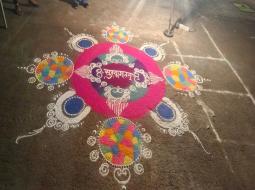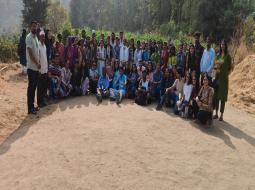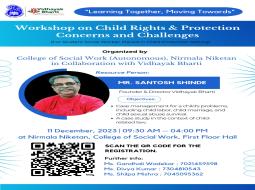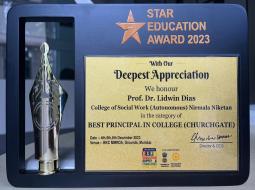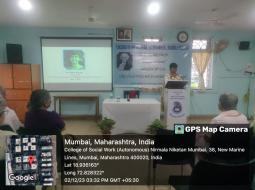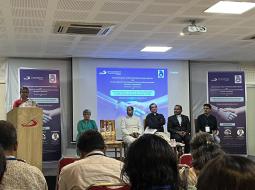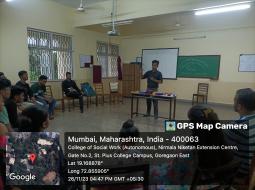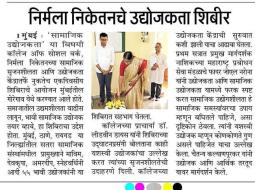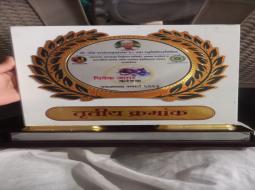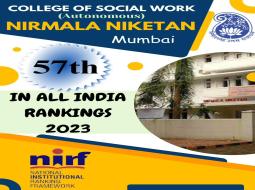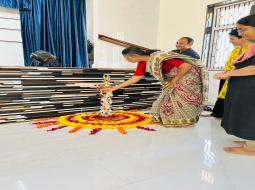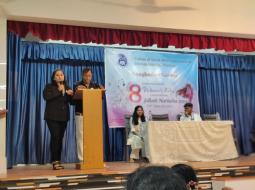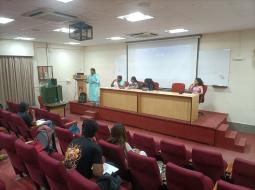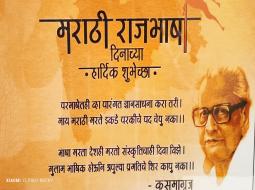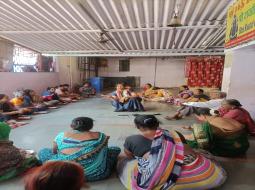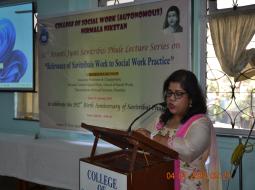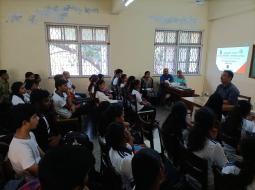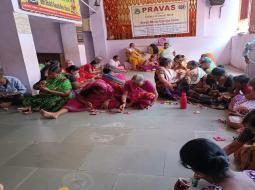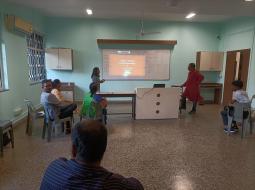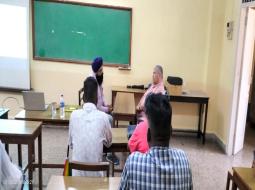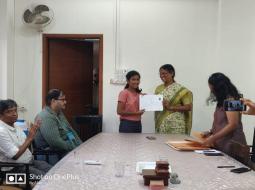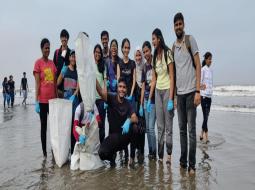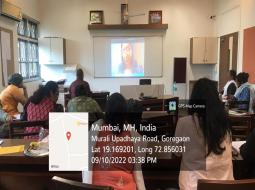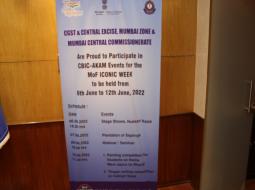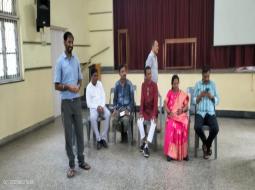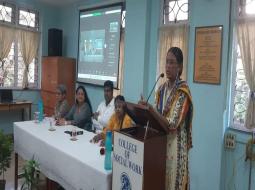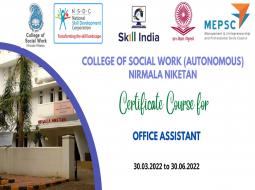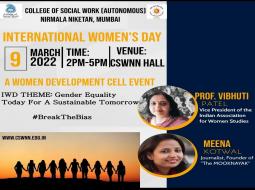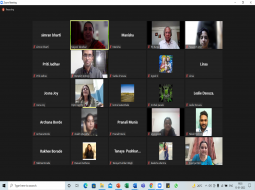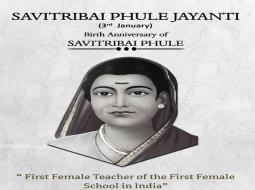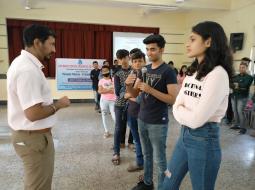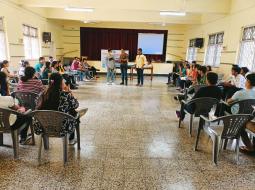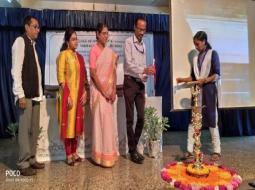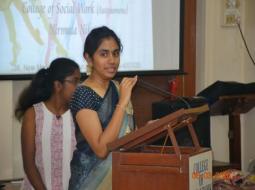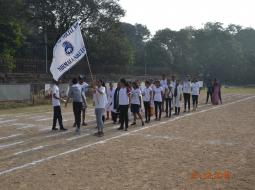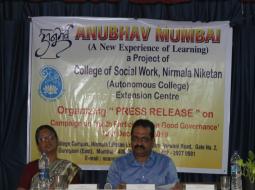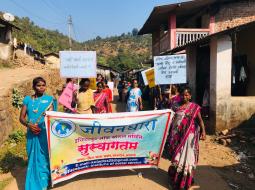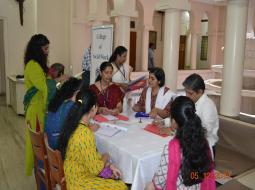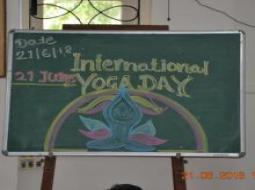College of Social Work (Autonomous), Nirmala Niketan was founded in the year 1955 by a religious sisters, known as The Daughters of the Heart of Mary, whose charism is to readily respond to felt needs of the people according to the signs of the times.
In the years following the independence of India, the founders discerned that the nation’s struggle for development would be served not so much by material relief as by sensitive social concern and insightful committed action. Accordingly the College was founded to realize its vision. The Institute of Social Service Trust managed the College till 1978. Since 1978, the Nirmala Niketan Institute has become the parent body of the College.
The Institute awarded its own Diploma in Social Work, till 1965. The institute sought affiliation for MSW program from University of Bombay under the Faculty of Arts and got it in 1969. Realizing the need to respond to professional interventions at different levels, the College also started its university recognized three year BSW program in 1971. These programs are revised periodically in order to ensure that the educational content of the courses are relevant to the social reality of contemporary life.
The Government of Maharashtra recognized the College as a Catholic Christian Minority Institution in the year 1995.
The University recognized the college as a Doctoral research center and enabled students to enroll for Ph.D. program in social work from 1997
The National Assessment and Accreditation Council (NAAC) constituted by the University Grants Commission, New Delhi, awarded the College the FIVE STAR status for its academic excellence in 2001. On 31st March 2007, the same body, after further inspection and appraisal re-accredited the College of Social Work at the A+ level with an Institutional Score of 93 per cent. The College of Social Work, Nirmala Niketan is reaccredited (Third Cycle) by the National Accreditation and Assessment Cell (NAAC) with A Grade (3.53 CGPA out of 4) in May 2015 valid up to 31st Dec 2024.
On 12th Feb 2019 The University Grants Commission has conferred Autonomous Status to the College of Social Work, Nirmala Niketan for a period of ten years w. i.e. 2019-2020 to 2028-2029. On 29th June2024 College was granted Empowered Autonomous Status for a period of 10 years by the University of Mumbai.
College of Social Work Nirmala Niketan Ranked 57 in College Category in National Institutional Ranking Framework(NIRF) Ministry of Education, Government of India in 2023 and 100 to 150 band in 2024.
Over the years, the College has been evolving its specific commitments, which relate to all aspects of its functions namely; teaching, field instruction, research, administration, and field action projects. It encourages its teaching and non-teaching staff to get involved and contribute to the community through these services. The primary emphasis of the curricular and co-curricular programmes is on the most disadvantaged urban and rural population. The focus of the programmes provides a structural perspective of issues affecting the slum, rural and tribal communities and also searches for various approaches of problem solving processes. There is a commitment to address the problems of health, education and employment of marginalized and disadvantaged groups while adopting rights based and a humane approach of social and development services for all, irrespective of caste, creed, language and sex.
